The line snaked around the dim room and spilled out onto the sidewalk. Inside the red brick building in west Omaha, people made smalltalk as they inched toward the Douglas County Election Commission employees sitting behind a plexiglass barrier.
Jason Kotas stuck his hands in his pockets and stared ahead.
Like many in the line, Kotas, 50, was waiting his turn to register to vote. He’d been waiting a very long time.
It started with a felony conviction decades ago. Addiction fueled more through the years, he said. Soon Kotas had lived much of his adult life in prison. In December 2012, he jumped in the Blue River to evade state troopers and sheriff’s deputies chasing him down dark county roads. After that he got help.
Staying sober is a big step in rebuilding his life. So is working, following his religion and repairing damaged relationships with his kids and family. And voting, Kotas thinks. Voting is a big step, too.
“It’s just one piece of restoring my dignity,” he said.
Then things got complicated.
In July, Nebraska stopped allowing people with past felony convictions to register to vote. A lawsuit landed in front of the Nebraska Supreme Court. On Oct. 16, the judges delivered a scattered opinion effectively reopening registration only nine days before the deadline.
Suddenly the clock was ticking to get about 8,000 people registered, according to data provided by the Nebraska Civic Engagement Table. Billboards went up. Radio ads aired. And more than a dozen reporters trailed Kotas as he walked into the Douglas County Election Commission following a press conference.
The cameras didn’t catch much: just Kotas standing in line. It is weird, he admitted later. Politics attracted the spotlight on what for many is a mundane task. But he also welcomed the attention because he knows this moment is about so much more.
“This is bigger than just the voting rights,” said Kotas, who is voting for the first time this election. “This is about just one more piece of that humanity being restored.”
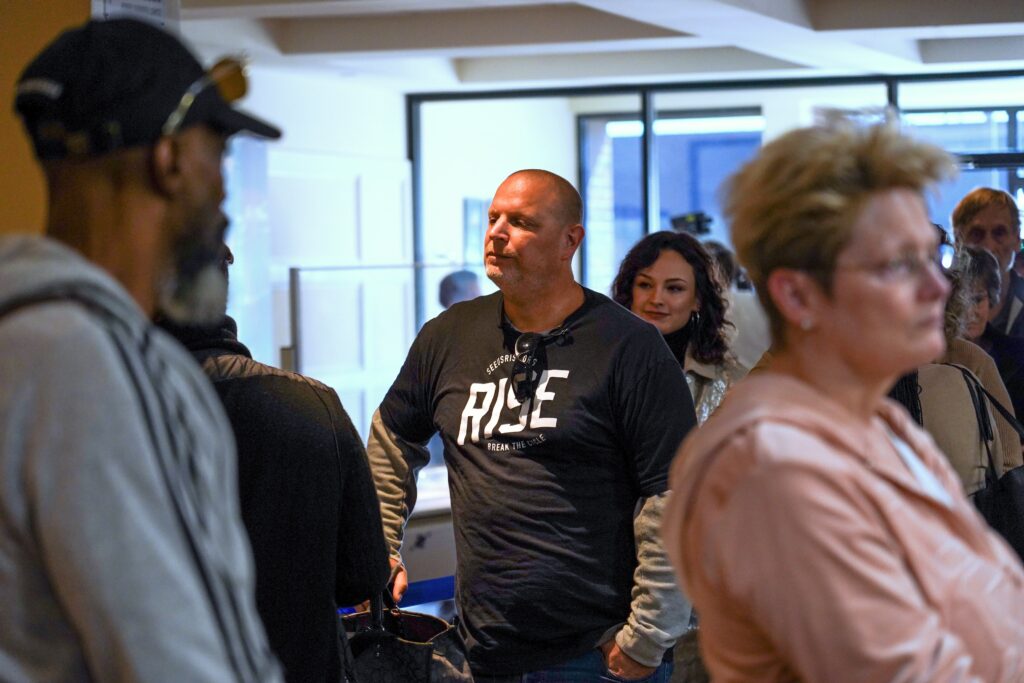
‘Invisible handcuffs’
The library of the Seward County jail was dark and quiet when Kotas walked in.
“I’m an addict,” he said to the only other person in the room, “and I don’t know what to do.”
Kotas had just spent six days sitting alone in a cell clearing the meth from his system. As the haze lifted, reality set in: the stolen black Chevrolet pickup, the batteries and radiators stolen for scrap metal, the deputies and troopers he tried to outrun.
When he couldn’t, he bailed and jumped into the Blue River. He can’t remember how cold the water felt in the predawn darkness just before Christmas 2012.
State patrol troopers pulled him and his then-wife from the icy water.
Kotas grew up farming in rural Saline County. In the mornings he’d tend to the row crops or livestock before heading to a one-room schoolhouse. The work was hard. So was life.
His dad, a Vietnam War Army veteran, got angry when he drank. When Kotas got to high school he felt self-conscious about his hand-me-down clothes. When his mom died in a car accident weeks before Kotas 21st birthday, it rocked his family.
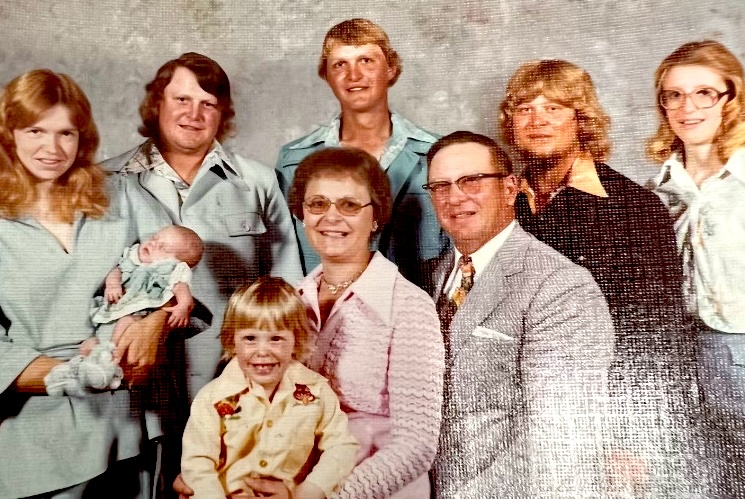
Kotas started drinking, then taking drugs, then taking harder drugs. A burglary landed him in prison for the first time in 1993. Other arrests followed before the high-speed chase in 2012.
When he asked for help, the other person in the Seward County library tossed him a pamphlet about addiction. He started reading it in jail, then requested treatment in prison. By the time he was released on probation in 2018, he had a job with RISE, a nonprofit that helps incarcerated people re-enter society.
He began helping his dad farm again. His 15-year-old daughter now lives with him.
But labels are hard to shed. People with felony convictions often have to disclose their past in job, housing and loan applications, which can make rejoining society — and staying out of jail or prison — harder.
Some states bar felons from voting, which will keep about 4 million people from voting this election, according to criminal justice reform group The Sentencing Project.
“There are still these invisible handcuffs … that always reminds us that there are certain people that believe we’re still second class citizens,” Kotas said.
In 2005 Nebraska passed a law that restored voting rights to people two years after they completed sentencing for a felony conviction. The Nebraska Legislature did away with the two-year waiting period in April by passing LB20, aligning its practices with most other states.
Some studies suggest restoring those rights results in less crime and recidivism, said Danielle Jefferis, an assistant professor at the University of Nebraska College of Law.
“What’s the goal of prison?” Jefferis asked. “Is prison effectively serving that goal? And what do we expect people to do when they get out of prison?”
‘So much confusion’
When the Nebraska Legislature passed its most recent voting rights law, Gov. Jim Pillen urged the state’s attorney general and secretary of state to take a closer look.
In July, Attorney General Mike Hilgers said the 2024 and 2005 laws violated the Nebraska Constitution. The Constitution, he said, gave the power of restoring voting rights solely to the Nebraska Board of Pardons, a body made up of Pillen, Hilgers and Secretary of State Bob Evnen. Evnen ordered counties to stop registering felons.
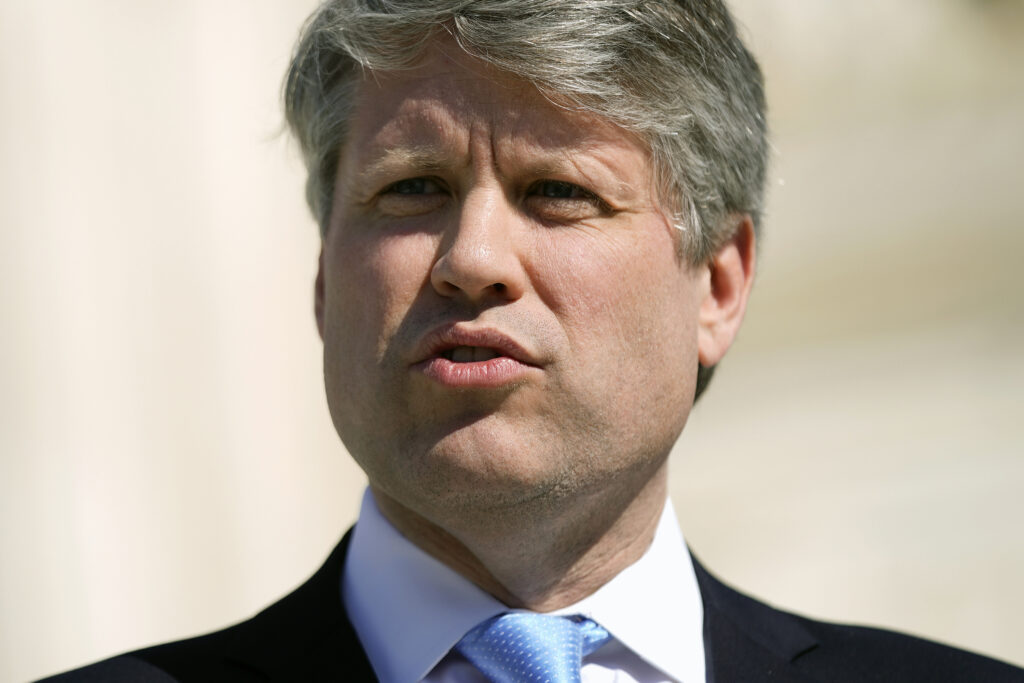
“It definitely felt like a kick,” Kotas said. “That really kind of took the wind out of my sails for a minute because I just didn’t understand why. I was angry and sad and hurt.”
Several voting rights organizations sued, but a summer of voter registration events and canvassing had to be reworked, said Brad Christian-Sallis, director of power building with the nonprofit Nebraska Civic Engagement Table. That nonprofit, Civic Nebraska, the ACLU of Nebraska and RISE worked to keep people informed.
“Because there was so much confusion, folks weren’t sure what the rules were,” Christian-Sallis said.
The Nebraska Supreme Court’s Oct. 16 decision cleared the way to vote for people convicted of felonies who served their sentences, but only because a majority of justices wouldn’t call restoring those rights through state law “unconstitutional.” In fact, each of the seven justices wrote an opinion.
“That is unheard of,” said Anthony Schutz, an associate dean at the University of Nebraska College of Law. “I don’t know that I’ve ever seen that happen in a Nebraska Supreme Court opinion. I don’t know if I’ve ever seen that happen in any state Supreme Court opinion.”
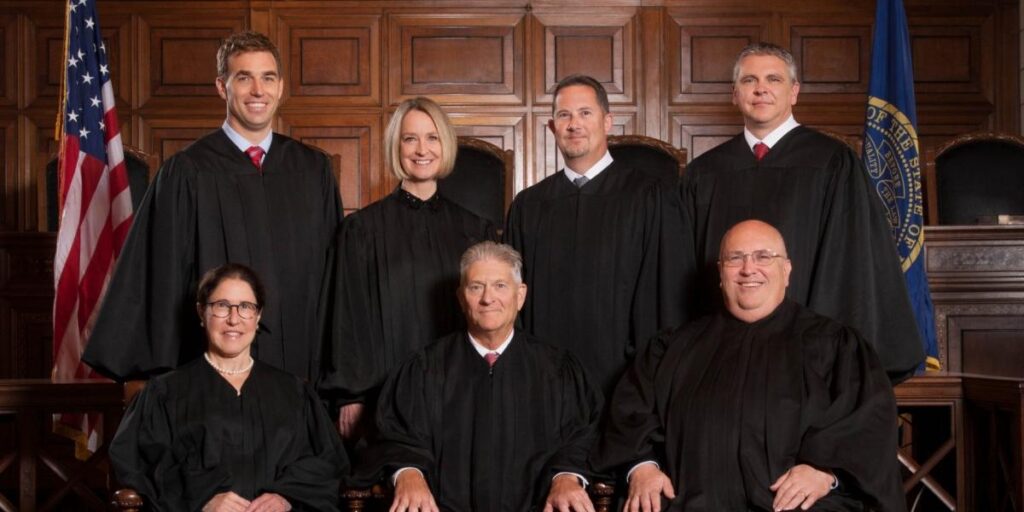
In the end, Hilgers and Evnen still got what they wanted, Schutz said. They threw up this roadblock for political, not legal, reasons. In a statement to Flatwater Free Press, Evnen said his office asked for Hilgers’ input in order to follow the law.
Either way, the court’s opinions offer little direction.
“We’re just left with, ‘So, can an executive actor make an independent state constitutional judgment?’” Schutz asked. “And the answer to that seems to be, ‘I mean, Maybe?’ It kinda worked in this case.”
‘Our democracy isn’t going anywhere’
By late October, Patricia Keener had driven her silver Land Rover across Omaha, talking to people about ballot measures and encouraging them to vote. When she talked to ex-felons about how they could vote, some wanted to register right away. Others seemed indifferent. Most had no idea they were the subject of a high-profile legal battle.
“A lot of them felt like the only reason they got to vote was because the ex-president is a felon,” Keener said about former President and current Republican nominee Donald Trump. Trump was convicted of 34 felonies in May.
In the race to meet the registration deadline, organizers spread the word through media campaigns, mass texts and in-person canvassing. Nonprofits scheduled charter buses and Ubers to get people to the Douglas County Election Commission.
At least 200 people registered in Douglas County, according to Gavin Geis with the nonprofit Common Cause Nebraska. Lancaster County could not confirm a number, he said. The group will work to get accurate numbers from each county following the election.
The legal battle, and the resulting time-crunch frustrated Christian-Sallis with the Nebraska Civic Engagement Table. But, he said, there are always going to be more elections and more people getting out of prison who need to hear that they can vote.
“Our democracy isn’t going anywhere,” he said. “We want folks to be engaged for the long term.”
Kotas said that people with past felonies, often are just trying to keep a job, feed a family and stay out of trouble. Voting isn’t top of mind, Kotas said. But it matters that they have a choice.
“Being able to have that option is just one part of what it should mean to be a citizen of the United States,” he said.
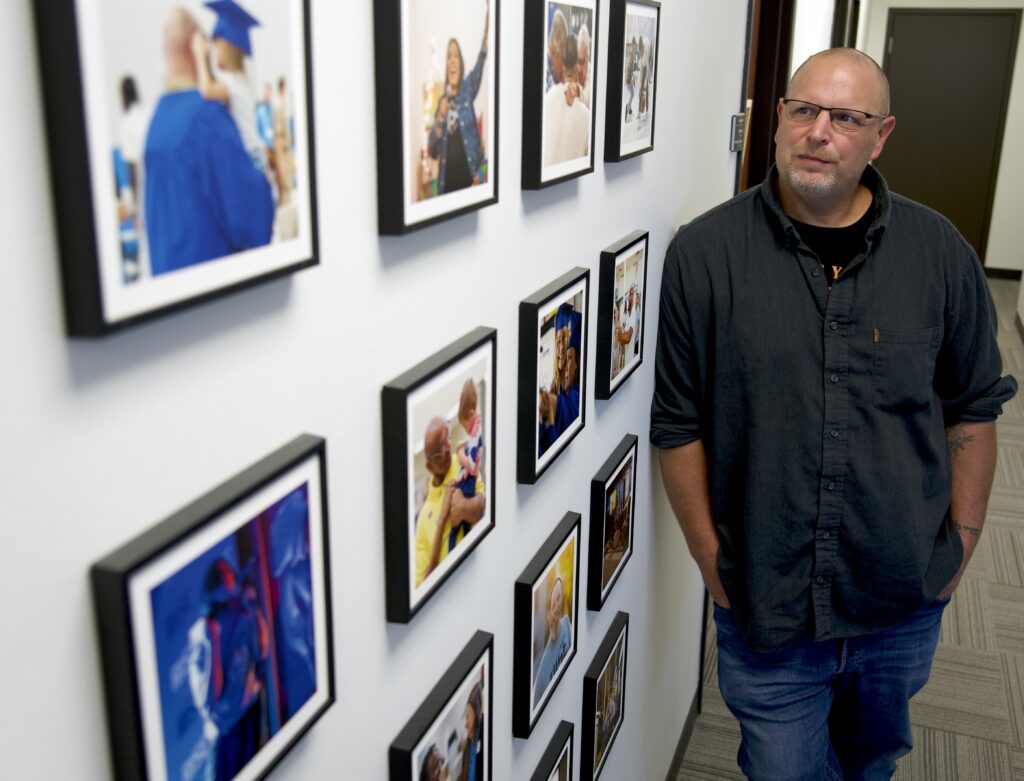
‘Hope is a powerful thing’
Kotas registered as a Republican, started to do his research and experienced a feeling well-known to many voters.
He felt dissatisfied with his choices.
“It almost feels like you end up voting for the one that can lie the best,” he said of politicians. “My hope is we’re getting pretty close to a tipping point to where it doesn’t matter what side of the aisle you’re on. Everybody’s just gonna be fed up with all this nastiness.”
But he’s still excited.
All his life he’s been in front of judges. Now he can vote on whether to retain some. He can have a small say in how the government spends his taxes.
Others are happy he’s sharing his story. When he walked into the state prison in Omaha to lead a class, the incarcerated people gave him a standing ovation.
“At least you’re on the news for something good,” his dad joked when he saw the news stories.
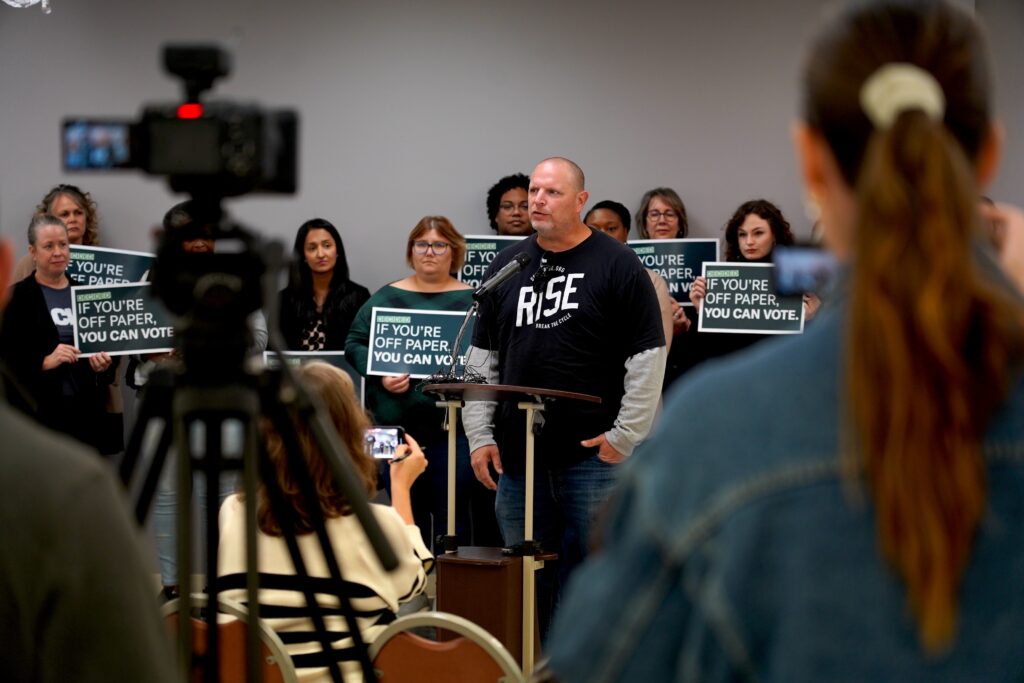
Today, the two talk regularly. His dad, an old-school conservative farmer, even initiated a hug recently. Kotas burst into tears when he got into his car.
It’s hard to earn forgiveness. Many people leaving prison fear it will always be out of reach as long as they’re labeled a felon, Kotas said.
On Tuesday morning, Kotas will do something he’s never done before. He will head to the polls in Omaha.
“It just adds a little more hope,” Kotas said of having that right. “And hope is a powerful thing.”
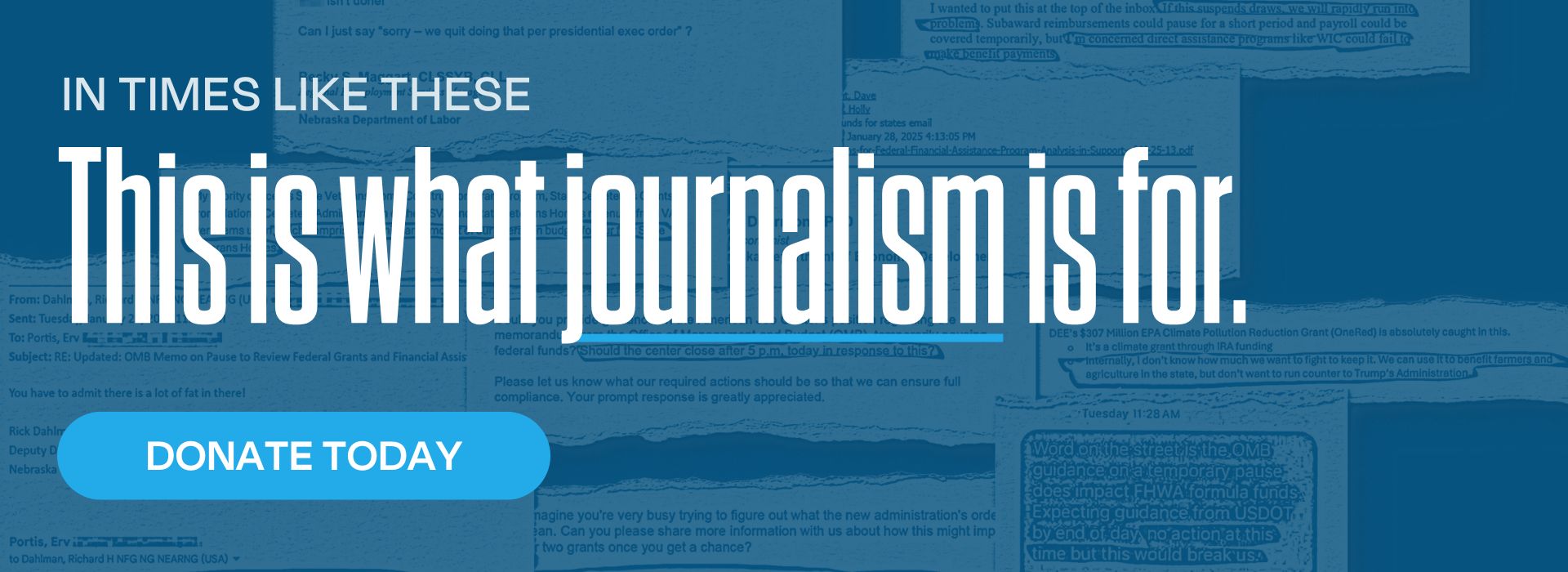

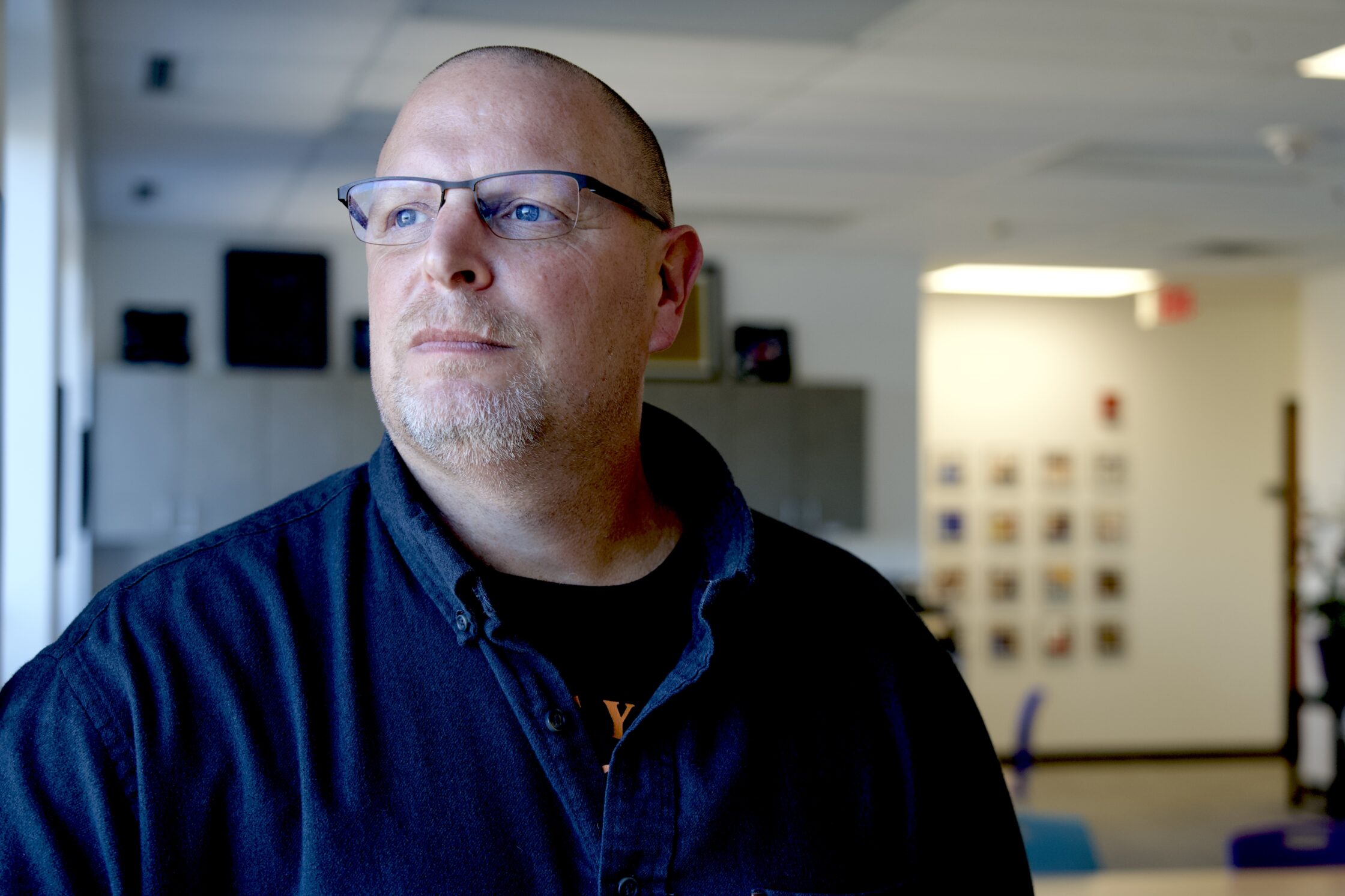
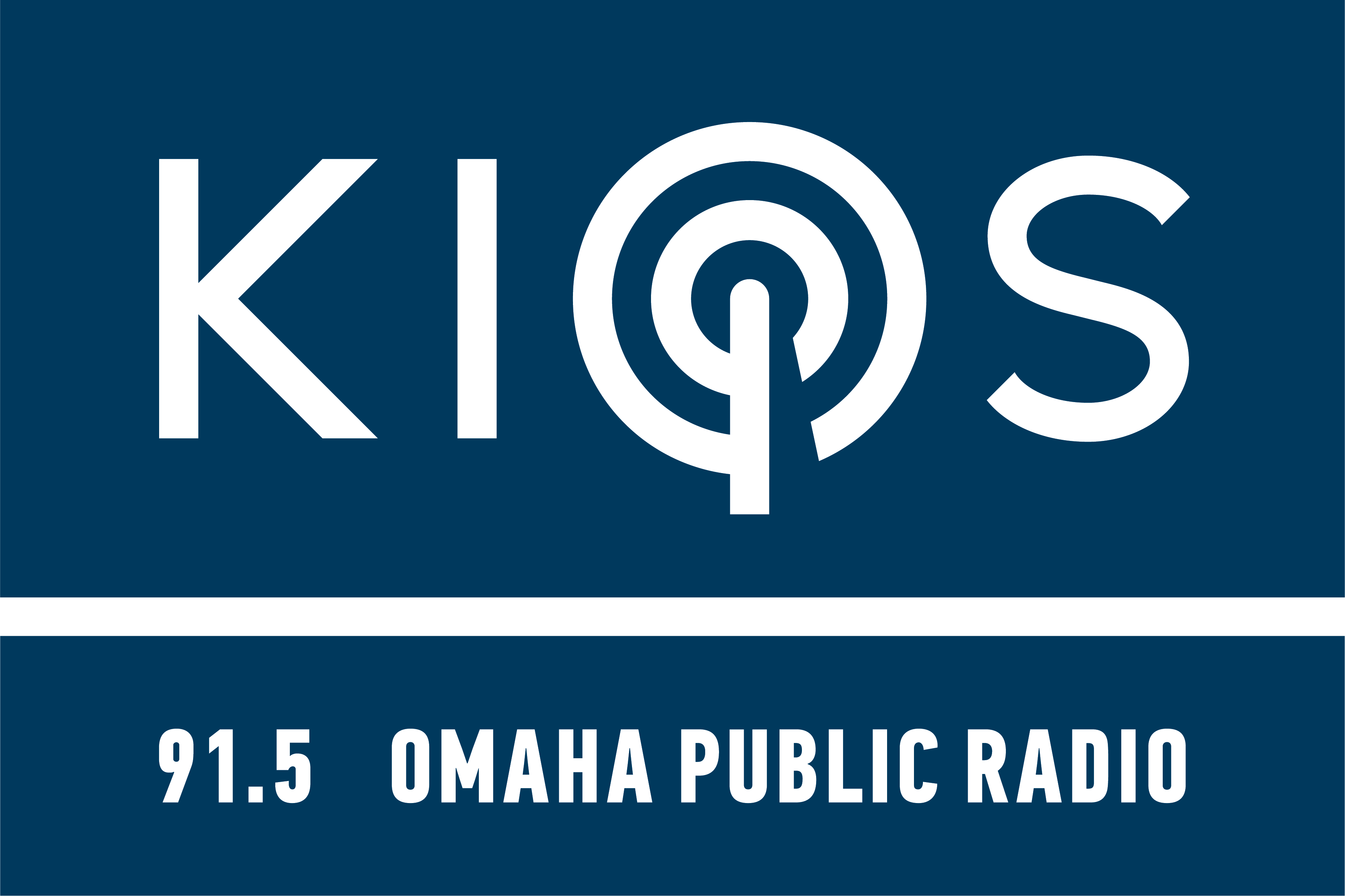


1 Comment
Congratulations to Mr. Kotas for his success and for voting! You sir, are an example to many others who may not know they too can vote. Thanks for your example!